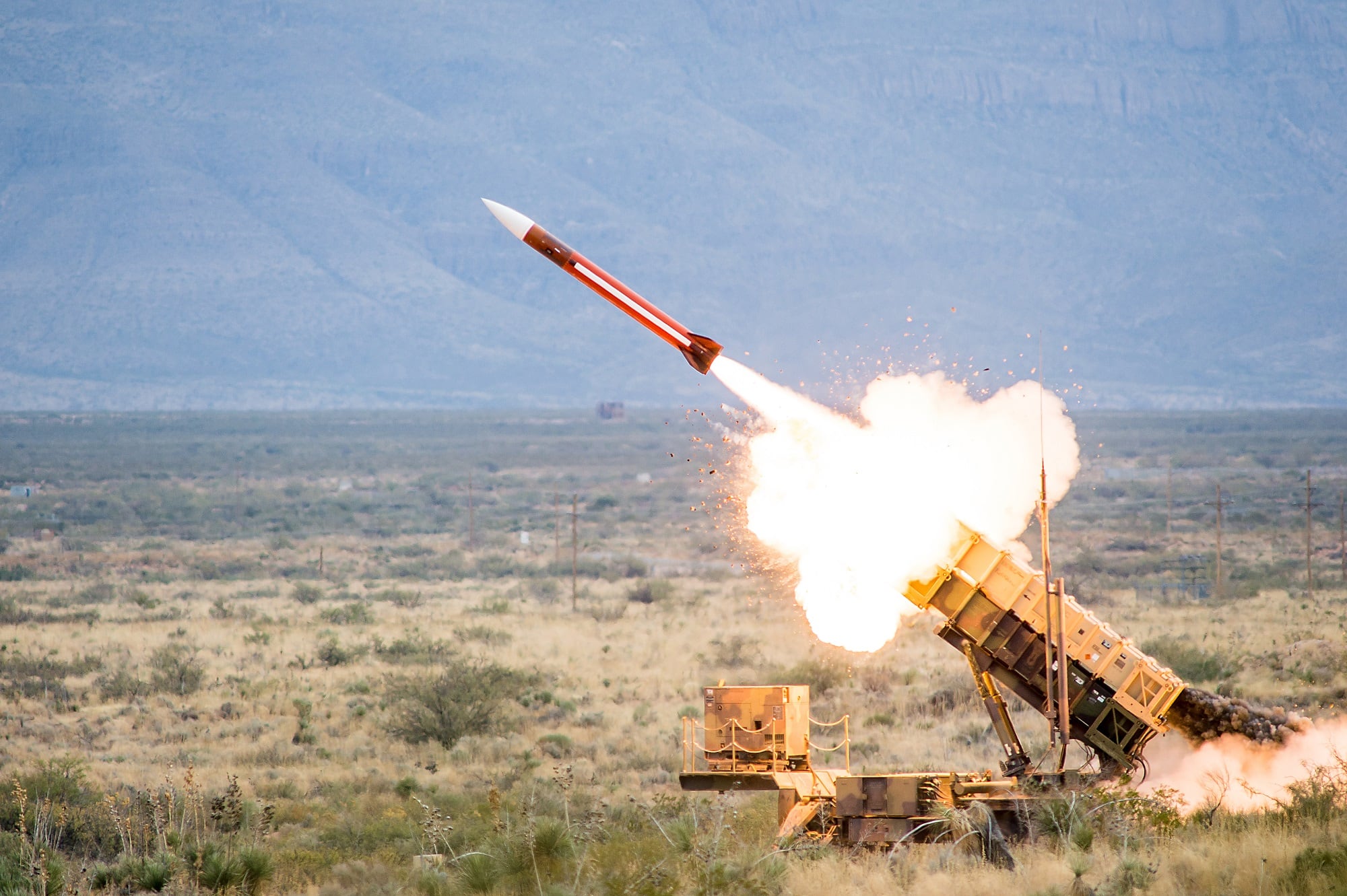RIYADH, Saudi Arabia — The Saudi-led coalition fighting Yemen’s Shiite rebels said it intercepted a missile fired over southern Riyadh on Tuesday, while the rebels said they targeted the royal palace in the kingdom’s capital.
It was the second time in as many months that a rebel projectile had reached as far inside the kingdom as Riyadh.
The Yemeni rebels said they launched a ballistic missile to target Yamama Palace in Riyadh, where King Salman chairs weekly government meetings and receives dignitaries and heads of state from around the world.
The coalition statement, carried by Saudi state TV, said the missile was fired by the rebels known as Houthis. State TV said no damage was caused by the intercepted missile.
Residents of Riyadh posted videos on social media showing a small cloud of smoke in the sky after hearing a loud explosion over their homes and while driving.
In Yemen, Houthi spokesman Mohammed Abdul-Salam said the group targeted the Yamama Palace. He tweeted that a ballistic “Volcano H-2” missile was used in the attack.
On Nov. 4, the Houthis targeted Saudi Arabia’s international airport in Riyadh, and Saudi Air Defense said it was intercepted. However, a New York Times analysis of photos and videos from the attack found that the missile may have actually come apart because of its speed and force.
Saudi Arabia has the U.S.-made Patriot surface-to-air anti-missile system, which President Donald Trump credited for bringing the Nov. 4 missile down.
In the almost three years that the Saudi-led coalition has waged war with Yemen’s rebels, dozens of other missiles have been fired by the Houthis across the border into Saudi Arabia, reaching as far as some border towns. There have been casualties among local residents in those attacks.
Earlier this month, the Houthis claimed they fired a missile at an under-construction nuclear plant in the United Arab Emirates, which is part of the Saudi coalition battling the militant group in Yemen. The UAE, however, denied that a missile had been fired.
The Saudi-led coalition has been at war with the Houthis since March 2015. The Houthis, who are allied with Saudi Arabia’s rival, Iran, have forced into exile the Saudi-backed and internationally recognized government of President Abed Rabbo Mansour Hadi.
Despite a fierce air campaign against the Houthis, the rebels still largely control the Yemeni capital, Sanaa, and much of the country’s north along the border with Saudi Arabia.
Earlier this month, the Houthis killed Yemen’s former president, Ali Abdullah Saleh, after he switched alliances and struck deals with the Saudi-led coalition.
Yemen’s war has killed more than 10,000 civilians and driven millions to the brink of famine.
___
Batrawy reported from Dubai, United Arab Emirates. Associated Press writers Hamza Hendawi in Cairo and Ahmed al-Haj in Sanaa, Yemen, contributed to this report.



